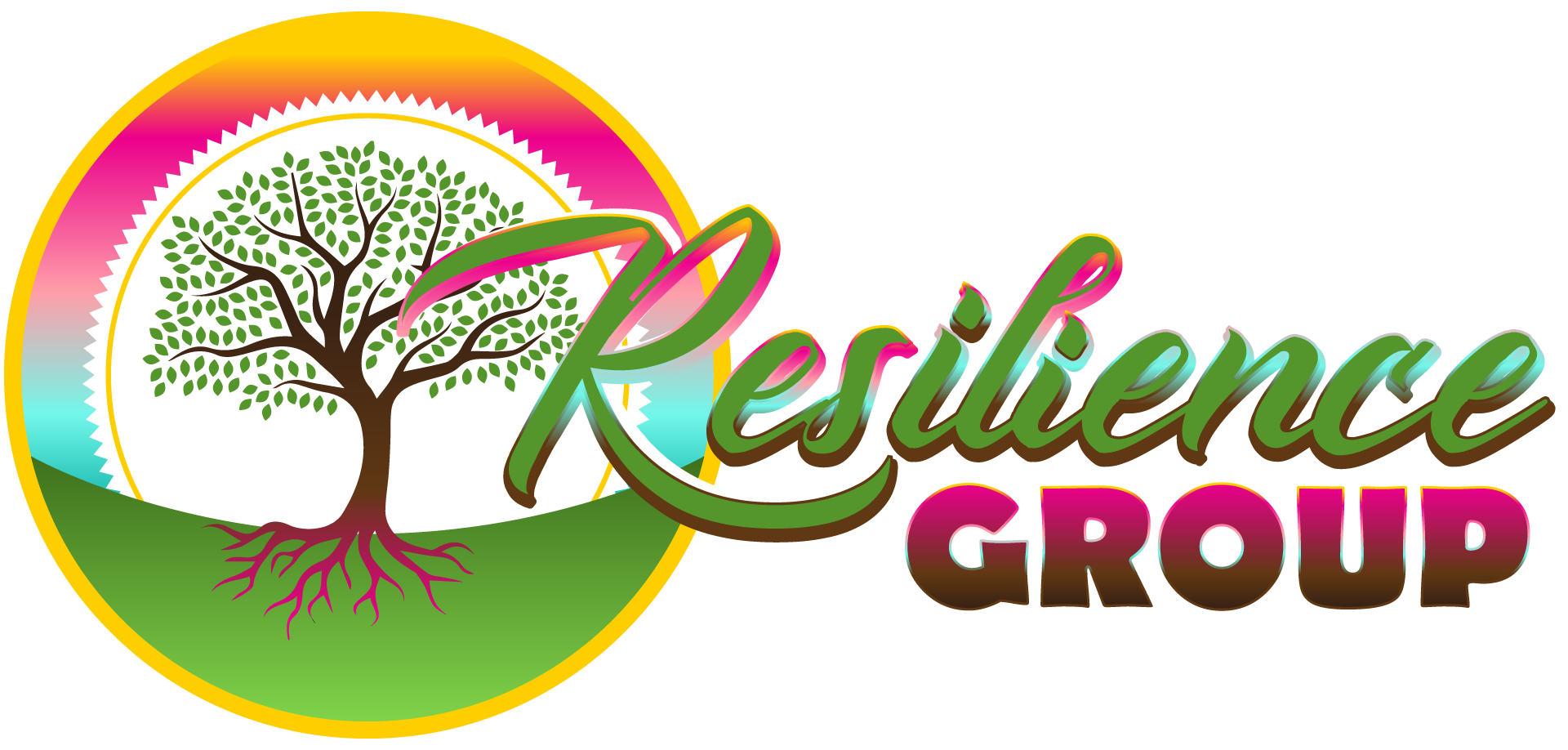Approaches & Techniques
Dialectical Behavior Therapy (DBT)
Dialectical Behavior Therapy (DBT) is a form of cognitive-behavioral therapy (CBT) developed by Dr. Marsha Linehan, originally designed to treat individuals with borderline personality disorder (BPD). DBT is particularly effective in addressing emotional dysregulation, self-destructive behaviors, interpersonal difficulties, and chronic feelings of emptiness. The therapy combines cognitive-behavioral techniques with mindfulness practices, acceptance, and dialectics (the reconciliation of opposites) to help individuals manage intense emotions, improve relationships, and develop healthier coping strategies.
Key Components:
-
Dialectics:
- The central principle of DBT is the concept of dialectics, which emphasizes the balance between two seemingly opposite forces or ideas, such as acceptance and change. DBT helps clients learn to accept themselves as they are while simultaneously striving to make changes in their behavior and thought patterns.
-
Mindfulness:
- Mindfulness is a core component of DBT, teaching clients to be present in the moment and observe their thoughts and emotions non-judgmentally. This practice helps individuals gain better control over their emotional reactions and make more intentional decisions.
-
Emotional Regulation:
- DBT helps individuals identify and label emotions, understand their triggers, and develop strategies to manage overwhelming or intense feelings. Skills such as distress tolerance and emotion modulation are central to emotional regulation.
-
Interpersonal Effectiveness:
- Interpersonal effectiveness skills are designed to help individuals improve their relationships by teaching assertiveness, healthy boundary-setting, and conflict resolution. This helps clients navigate interpersonal challenges while maintaining self-respect and mutual respect in their relationships.
-
Distress Tolerance:
- Distress tolerance skills teach individuals how to tolerate painful emotions without resorting to harmful behaviors (such as self-harm or substance abuse). Techniques often include distraction, self-soothing, and acceptance strategies during crises or moments of emotional pain.
Therapeutic Techniques in DBT:
-
Skills Training:
- DBT involves structured skills training in group therapy settings, where clients learn specific coping skills, including mindfulness, emotion regulation, interpersonal effectiveness, and distress tolerance. These skills are designed to help clients improve emotional control and interpersonal interactions.
-
Individual Therapy:
- In addition to skills training, clients participate in individual therapy sessions with a DBT-trained therapist. These sessions focus on personal issues, crises, and progress toward treatment goals. The therapist works collaboratively with the client to help them apply DBT skills in real-life situations.
-
Phone Coaching:
- DBT often includes phone coaching, where clients can contact their therapist between sessions for support in applying skills during crises or difficult moments. This offers real-time guidance and helps reinforce the use of DBT techniques outside of therapy sessions.
-
Validation:
- A unique aspect of DBT is the emphasis on validation—the therapist helps clients feel understood, accepted, and validated in their experiences, while also encouraging change. This balance between acceptance and change is a critical dialectic in DBT.
Applications of DBT:
-
Borderline Personality Disorder (BPD):
- DBT was initially developed for individuals with BPD, which is characterized by emotional instability, impulsivity, interpersonal difficulties, and self-destructive behaviors. DBT helps reduce self-harming behaviors, improve emotional regulation, and foster healthier relationships.
-
Self-Harm and Suicidal Behavior:
- DBT is particularly effective in treating individuals who engage in self-harm or have a history of suicidal thoughts or behaviors. It focuses on reducing these behaviors by teaching individuals to manage distress and cope with emotional pain in healthier ways.
-
Mood Disorders:
- DBT can be beneficial for individuals with mood disorders such as depression or bipolar disorder, particularly when emotional dysregulation and interpersonal difficulties are prominent.
-
Eating Disorders:
- DBT has been adapted to treat eating disorders such as bulimia nervosa and binge-eating disorder, addressing emotional dysregulation, self-destructive behaviors, and unhealthy coping mechanisms related to food and body image.
-
Post-Traumatic Stress Disorder (PTSD):
- DBT can help individuals with PTSD manage trauma-related emotions and engage in healthier coping strategies, particularly when emotional dysregulation and interpersonal difficulties are present.
-
Substance Use Disorders:
- DBT is also used to treat individuals with substance use disorders, as it addresses impulsivity, emotional dysregulation, and urges to self-medicate with substances.

Effectiveness:
-
Evidence-Based:
DBT has been extensively researched and shown to be effective in treating a variety of psychological conditions, particularly those involving emotional dysregulation, self-destructive behaviors, and relationship difficulties. It is one of the most researched and evidence-based treatments for borderline personality disorder and has been adapted for other disorders, including mood disorders, eating disorders, and PTSD. -
Skills-Based Approach:
DBT provides clients with concrete skills that they can apply in real-life situations, making it a highly practical and hands-on approach to therapy. Clients develop tools to manage their emotions, navigate relationships, and handle crisis situations in healthier ways. -
Comprehensive Treatment:
DBT is often delivered as part of a comprehensive treatment plan, which may include individual therapy, group skills training, phone coaching, and a strong emphasis on therapist consultation teams to ensure effective treatment delivery.
Conclusion:
Dialectical Behavior Therapy (DBT) is a highly effective, evidence-based psychotherapy that helps individuals manage intense emotions, reduce self-destructive behaviors, and improve interpersonal functioning. By combining cognitive-behavioral techniques with mindfulness and principles of dialectics (the integration of acceptance and change), DBT addresses emotional dysregulation, self-harm, and difficulties in relationships. Its structured approach, including individual therapy, group skills training, and phone coaching, makes it a practical and supportive treatment for individuals with complex emotional and behavioral challenges. DBT is especially effective for treating borderline personality disorder, suicidal behaviors, self-harm, and other disorders characterized by emotional instability.
Contact
(435) 313-8533
Location:
Resilience Group
Saint George, UT 84770
In-person and telemedicine available
